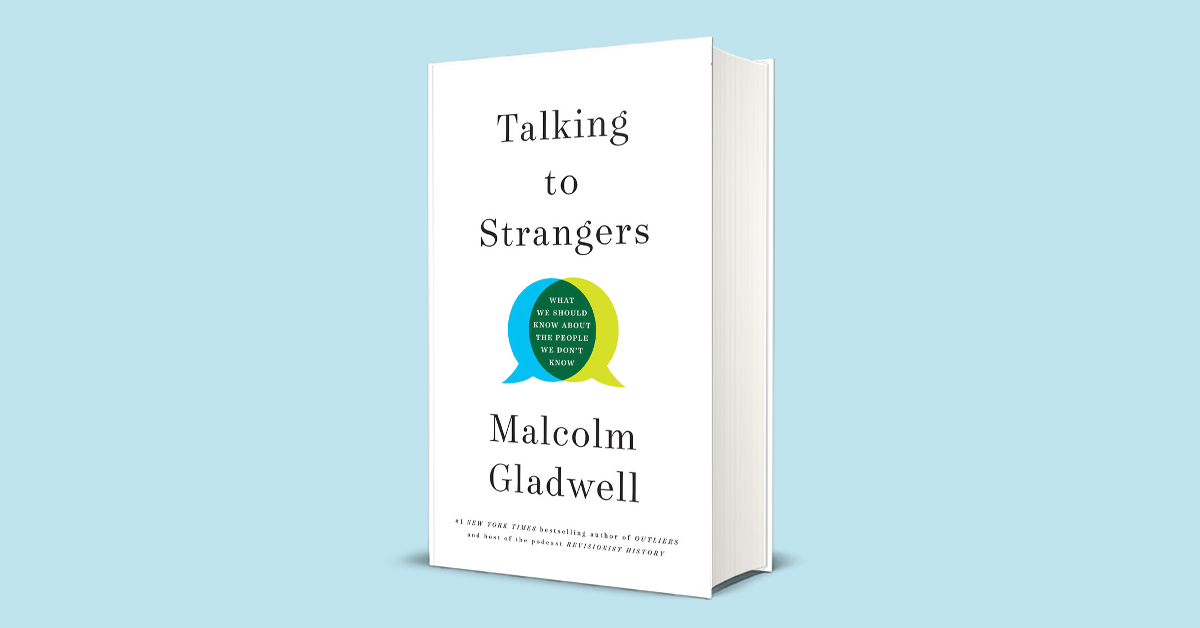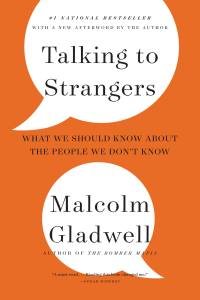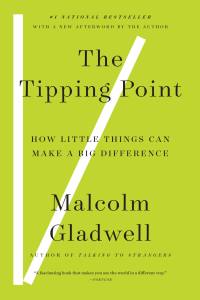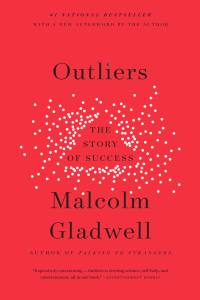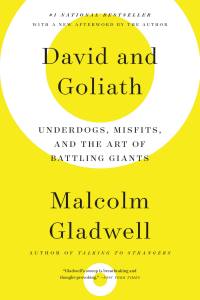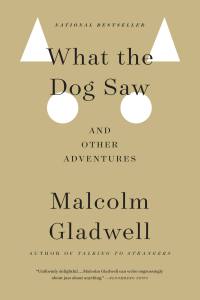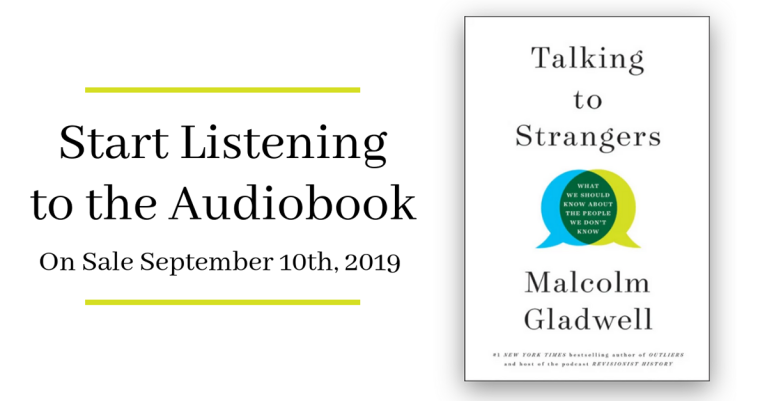Which Malcolm Gladwell Book Should You Read First?
One of the best ways to move toward achieving your personal and professional goals is to learn more about what can make you successful. You can always count on books by Malcolm Gladwell to help guide your way in this arena. Whether you’re trying to understand the way humans think, to further an agenda, or to find the encouragement you need to start making your voice heard, you will find something useful in Gladwell’s books. Let’s take a closer look at Malcolm Gladwell’s new book Talking to Strangers, and then walk through his earlier books in order so that you can decide which one you’re interested in reading first.
On Sale April 27, 2021
A Dream, a Temptation, and the Longest Night of the Second World War
In The Bomber Mafia, Malcolm Gladwell weaves together the stories of a Dutch genius and his homemade computer, a band of brothers in central Alabama, a British psychopath, and pyromaniacal chemists at Harvard to examine one of the greatest moral challenges in modern American history.
Most military thinkers in the years leading up to World War II saw the airplane as an afterthought. But a small band of idealistic strategists, the “Bomber Mafia,” asked: What if precision bombing could cripple the enemy and make war far less lethal?
In contrast, the bombing of Tokyo on the deadliest night of the war was the brainchild of General Curtis LeMay, whose brutal pragmatism and scorched-earth tactics in Japan cost thousands of civilian lives, but may have spared even more by averting a planned US invasion. In The Bomber Mafia, Gladwell asks, “Was it worth it?”
Things might have gone differently had LeMay’s predecessor, General Haywood Hansell, remained in charge. Hansell believed in precision bombing, but when he and Curtis LeMay squared off for a leadership handover in the jungles of Guam, LeMay emerged victorious, leading to the darkest night of World War II. The Bomber Mafia is a riveting tale of persistence, innovation, and the incalculable wages of war.
How Little Things Can Make a Big Difference
The Tipping Point book is where the party got started. Gladwell took off with a blast by publishing this one. This is the book that you'll want to read if you are trying to find the sweet spot to make your idea spread like wildfire. In this book, Gladwell explains how something seemingly small can snowball into something enormous; a flu into an epidemic or a small marketing campaign into a full-blown trend.
The Power of Thinking Without Thinking
In Gladwell's second book, he helped readers to understand decision making. How do humans make decisions, and why is it important? That's a question all business owners, politicians, and activists find incredibly important for their livelihood. If you fit into one of those categories, this is going to be the book you are drawn to. Why does it matter where we are when we are making decisions? And what makes a good decision maker? You can find all of this in Blink by Malcolm Gladwell.
The Story of Success
Think you aren't programmed for greatness? Maybe you are! In Outliers, Gladwell explains what makes people the brightest, most famous, and most successful; and it's not what you think! If you are looking for inspiration or answers, this will be an interesting read for you. He delves into many areas including sports, mathematics, and music. A fascinating read for both people who want more information about themselves and for parents who want more information about which areas their children might be successful in. It is also in this book that Gladwell introduces his take on the 10,000-hour rule, which states that it takes 10,000 hours of practice at something to achieve greatness in an area. He bases his theory on a study by Anders Ericsson and uses himself, The Beatles, and Bill Gates (among others) as examples of people who were able to excel in their field because of the opportunities to put the 10,000 hours of practice into place. (For those of you trying to do the math, that equals 20 hours of work per week at your given subject over the course of ten years.)
Underdogs, Misfits, and the Art of Battling Giants
In his latest book (often nicknamed the Goliath Book) Gladwell once again uses psychology to help us reframe the way we think about the world and our place in it. He shows us how our perceived setbacks and heartaches can make us viable players for success. Gladwell explains how people often lose by thinking the game must be played by the giants' rules, when in reality, if the underdog uses the strengths they have gained from being an underdog, it helps them immensely. Want to hear more about how that works? Grab yourself a copy of David and Goliath to dig deeper into this fascinating exploration of thought.
About Malcolm Gladwell
If you’d like to hear more from Malcolm Gladwell, his podcast Revisionist History launched in 2016. Like in his books, Gladwell starts each episode with a question about something or someone, and throughout the episode, questions the typical answers about whichever subject he is discussing. Gladwell delves into topics ranging from art to wars and music to self-help. Revisionist History hit number one on iTunes shortly after launching and currently has a 4.5-star average ranking from over 35,000 listeners.
Gladwell is a staff writer at The New Yorker and was named one of the 100 most influential people by Time magazine and one of the Foreign Policy’s Top Global Thinkers. Previously, Gladwell was a reporter with the Washington Post, where he covered business and science, and then served as the newspaper’s New York City bureau chief. He graduated from the University of Toronto, Trinity College, with a degree in history. Gladwell was born in England and grew up in rural Ontario. He lives in New York.
Wallace Yovetich is a Contributing Editor for Book Riot and has been on the BR crew since its inception. She lives in Los Angeles with her son, a cat named Chloe, and an unnamed puppy. She can be found on Instagram @bookitlikeamother.
By clicking ‘Sign Up,’ I acknowledge that I have read and agree to Hachette Book Group’s Privacy Policy and Terms of Use
